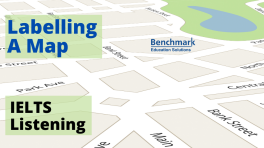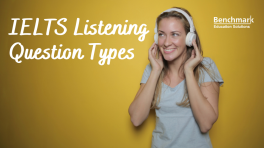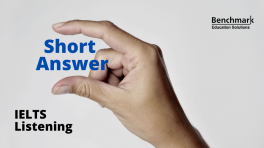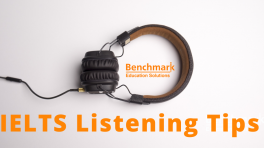IELTS Listening: Short Answer Questions Practice & Tips
- 0 Comments
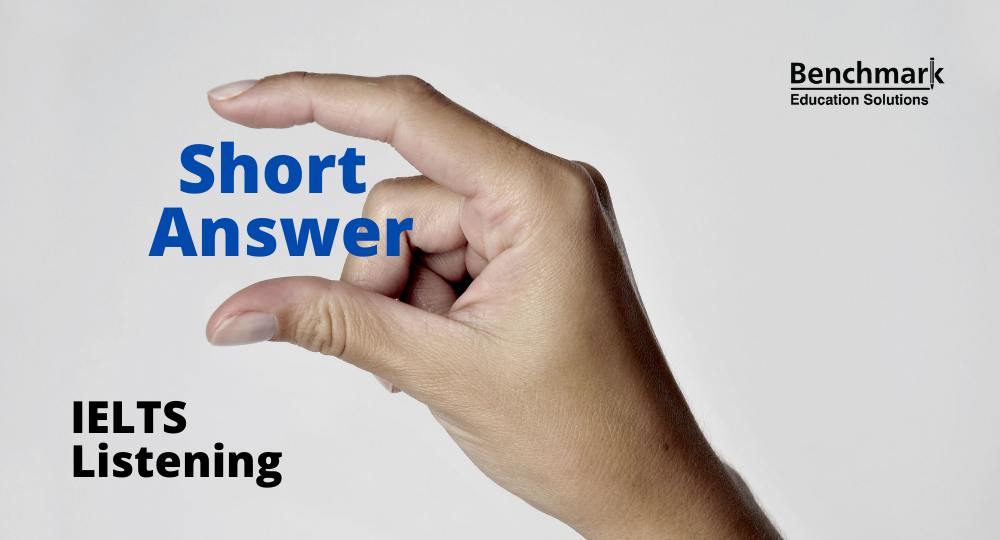

For the Short Answer question type, you will read a question on your answer paper, then listen to an audio recording for information you will use to write your answer. These questions are quite common, and can appear in any section, 1-4.
Table of Contents
1. Listening Short Answer Question Explained
These questions are different from the Sentence Completion questions, because instead of finishing the sentence, you will be providing the answer to a question. You might also be asked to provide a list of information in response to a prompt.
2. This is how these questions will appear on your question paper:
Sample 1
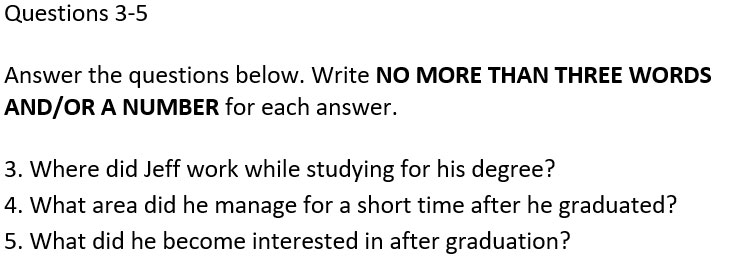

Sample 2


3. Tips Before You Listen
Here are some tips that will help you before you listen to the audio:
- Read the instructions carefully! Don’t write any more words and numbers than what the instructions allow you to write. If you do, your answer will be incorrect, even if you technically have the correct answer. For example, if the instructions say to write NO MORE THAN THREE WORDS AND/OR A NUMBER, you may write one word, two words, three words, one word and one number, two words and one number, or three words and one number.
- You will have time to read the questions before the recording plays.
- You will need to listen for facts and specific information
- Mark key words from the questions, so you can listen for them.
- Think of synonyms for these key words that you might also hear.
- Based on the questions, predict the topic and possible content of the audio you are about to hear.
4. Tips While you Listen:
Here are tips to consider as you are listening:
- You do not have to answer with a complete sentence. Only use enough words to satisfy the word length requirement and answer the question.
- The questions will be in the same order as the information you hear.
- The information may come from all of the listening text, or one part of it.
- You may be asked to list information that you hear in the recording.
- Write numbers as numerals, instead of writing the word. This will help avoid spelling mistakes.
- Don’t change the word you hear in the recording. You will hear the EXACT WORD you need to write, even though the words around the answer may be synonyms, or be paraphrased.
- It is allowed and advisable to write your answers in all capital letters. They are easier to read, and you can avoid incorrect capitalization, which would be marked incorrect.
- When you are asked to provide a list, you can write the answers in any order. You might find it easier, however, to write them in the order you hear them.
- If you have trouble with a question, make an educated guess and move on. You don’t want to lose your place in the audio and risk missing even more questions. Don’t leave any answers blank, even if you have to guess.
5. Ready to try a sample question?
First, read through the sentences quickly, paying special attention to the words before each gap. Then, click play and listen to the audio to find the answers. During the actual exam, you will only be able to hear the audio once, so try to answer the questions as you listen one time. Of course, since you are practicing, you may listen to the audio multiple times to become more familiar with the question type and how to answer it.
Ready? Here are the questions.
Questions 3-5
Answer the questions below. Write NO MORE THAN THREE WORDS AND/OR A NUMBER for each answer.
Now, listen to the audio and answer the question.









